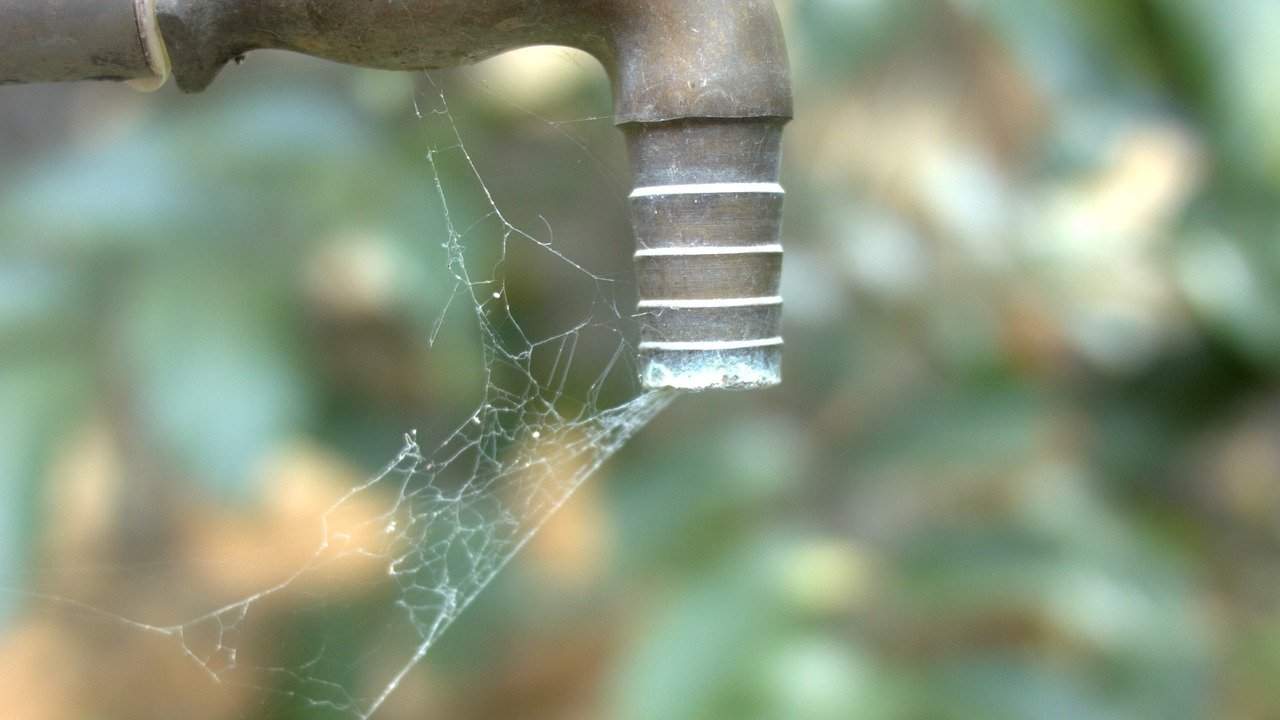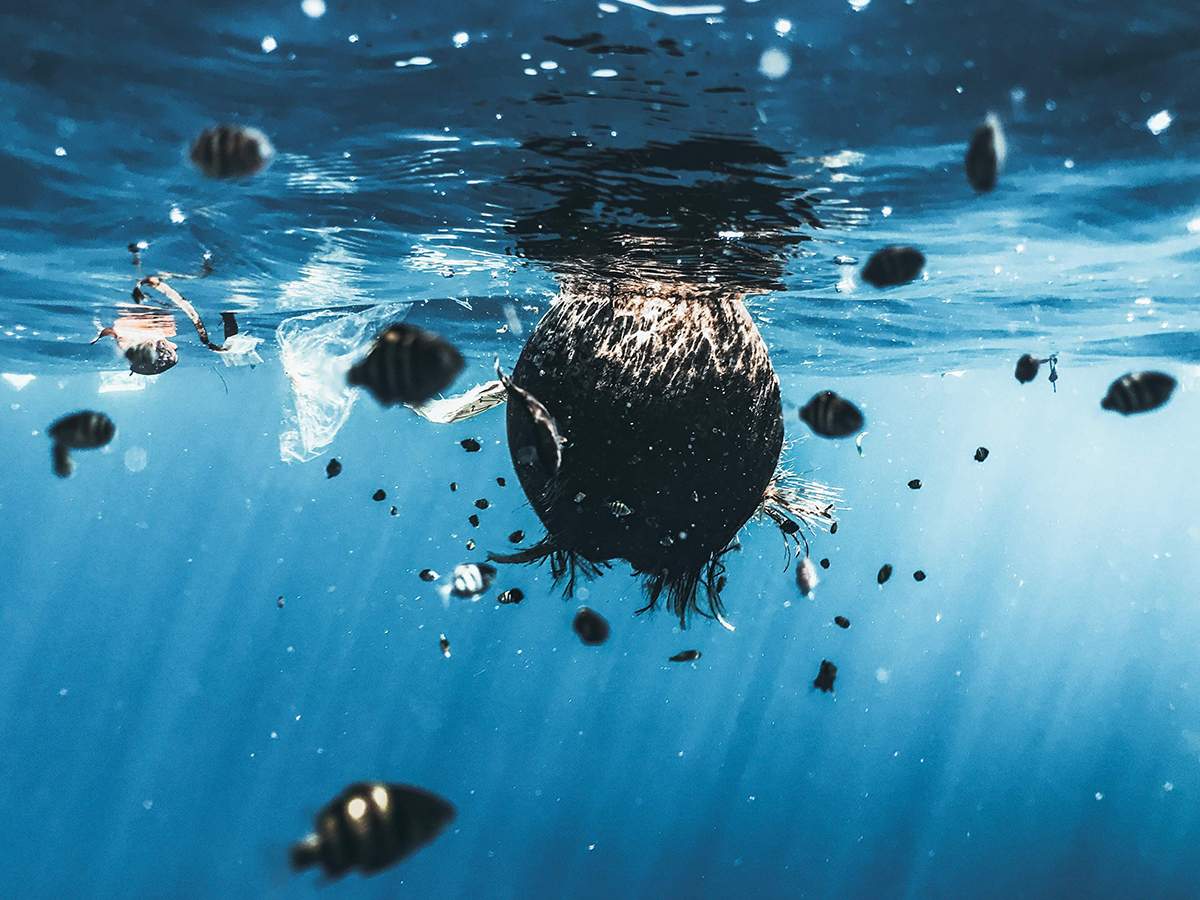At LiqTech, we develop state-of-the-art membrane technology for the purification of water and gases. We strive to minimize the impacts made from living improved lifestyles and decarbonize some of the world’s most polluting industries, such as oil and gas, power plants, and shipping. Let us dive into how our products can fast-track SGD 6, 13, and 14.
SDG 6: Clean Water and Sanitation
Access to clean water is a basic human right. Yet, according to the UN, the facts are that:
- 2 billion people worldwide lack access to safely managed drinking water
- 2 billion people worldwide lack access to safely managed sanitation
- 3 billion people worldwide lack access to basic handwashing facilities at home
- 40 % of health care institutions worldwide lack access to water
- Water scarcity can displace up to 700 million people before 2030
 These facts clearly indicate that immediate actions are required. And to stress the criticality, we are not advancing at the required speed to achieve the SDGs before 2030. Therefore, we need to adopt advanced water resources management solutions to fast-track the development.
These facts clearly indicate that immediate actions are required. And to stress the criticality, we are not advancing at the required speed to achieve the SDGs before 2030. Therefore, we need to adopt advanced water resources management solutions to fast-track the development.
At LiqTech, we develop superior membrane-based water treatment solutions to treat industrial wastewater and water. Our environmentally sound technologies enable various solutions for effective water management.
Three technologies seem apparent to highlight.
The first technology is water reclamation. Water reclamation is a safe and reliable method to reuse water. Once we can reuse our water, we can protect scarce water resources for more optimal water management.
The second technology is municipal drinking water treatment. It is a solution, which can secure safe and affordable, high-quality drinking water from groundwater or surface water. The technology complies with the strictest drinking water regulations.
The third technology is seawater reverse osmosis (SWRO). SWRO is a RO membrane-based solution, which can turn seawater into desalinated potable water. The technology is suitable for the marine industry to deliver clean water anywhere, anytime.
SDG 13: Climate Action
According to the UN, urgent actions need to be taken to combat climate change and its impact. Facts are that:
- 2019 was the second warmest year ever recorded
- Global temperatures are estimated to rise by up to 3.2 ˚C by 2100
- Natural disasters caused by climate change affected more than 39 million people in 2018
- Natural disasters continue to increase in frequency and severity due to climate change

As clearly stressed by the UN, immediate actions are required. And what is especially alarming is that we are approaching a 3.2 ˚C increase in temperature, making several places uninhabitable, stress scarce water resources, and drought will prevent and complicate the agriculture we know today. The latter is expected to harm food safety as up to 1/3 of food production is expected to disappear.
At LiqTech, we develop industrial applications for the treatment of water and gases. These applications can reduce pollution from some of the world’s most polluting industries, such as oil and gas, power plants, and shipping.
Gas purification technologies can capture exhaust soot to improve the air quality and the air we breathe. Water purification technologies can capture harmful elements such as polycyclic aromatic hydrocarbons (PAH) and particulate matter (PM) to improve water quality and prevent ocean acidification. Both technologies are vital in taking prompt climate actions.
And to initiate prompt climate actions, many environmental regulations appear. Still, it is just the beginning. Many more are expected to enter into force to obtain cleaner operations and reduce the projected temperature rise drastically.
SDG 14: Life Below Water
According to the UN, facts are that:
- Ocean acidity is projected to rise by 100-150 % by 2100, which will affect 50 % of all marine life.
- Ocean acidification continues to compose a threat to marine environments and ecosystems.
- The global marine key biodiversity areas covered by protected areas has increased from 30.5 % in 2000 to 46 % in 2019

As emphasized by the UN, we ought to protect the world’s oceans to sustain marine life and ecosystems. Globally, more than three billion peoples’ livelihoods depend on marine and coastal resources. Moreover, the world’s oceans are vital for global food security. Fortunately, there has been a significant reduction in human activities due to Covid-19, which may actually provide a unique opportunity for oceans to recuperate. Still, the facts are that people in most parts of the world strive to live improved lifestyles, which often involve cruise ship vacations and fast-moving consumer goods (FMCG) shipped across the world. The massive problem in the shipping industry is that many ships operate with an open-loop scrubber, which discharges large amounts of acidic wash water effluent into the oceans. The effluent is a massive contributor to ocean acidification, threatening marine environments and ecosystems.
At LiqTech, we have thoroughly developed a unique membrane-based scrubber wash water treatment unit to prevent ocean acidification. By treating scrubber wash water, the effluent is led to a holding tank, where it is stored until it can safely and sustainably be discharged in port.